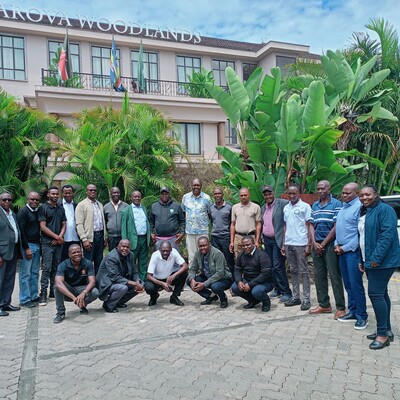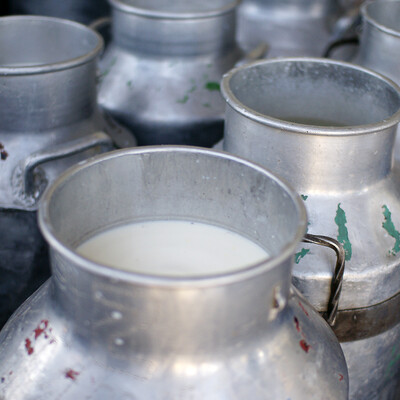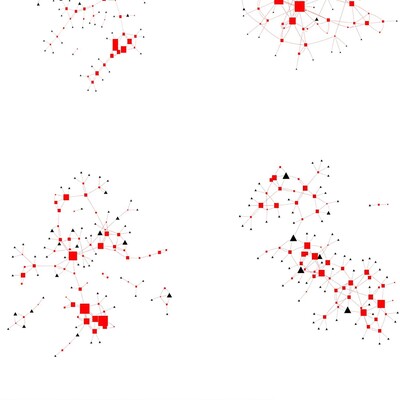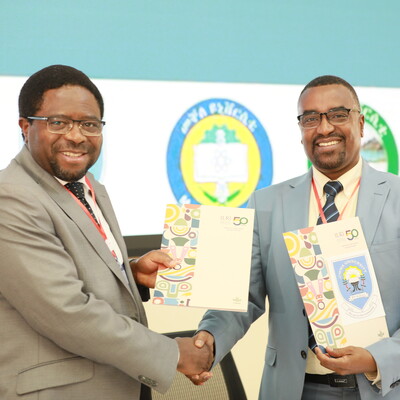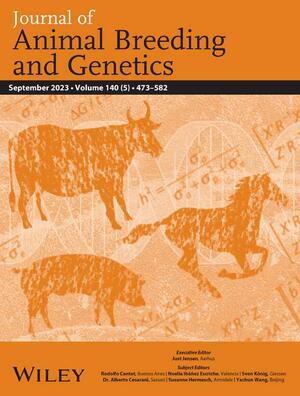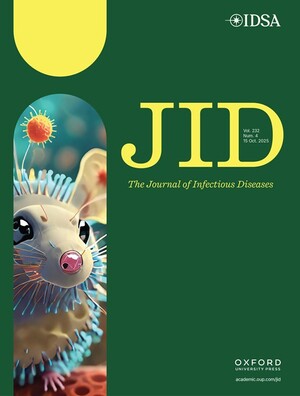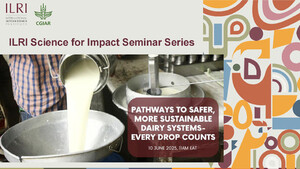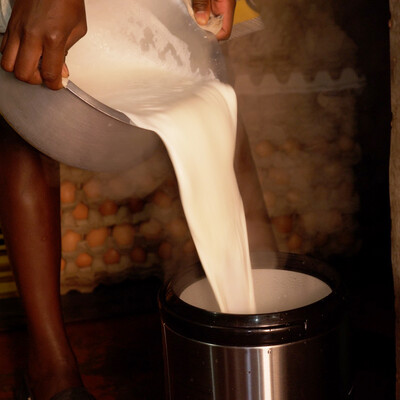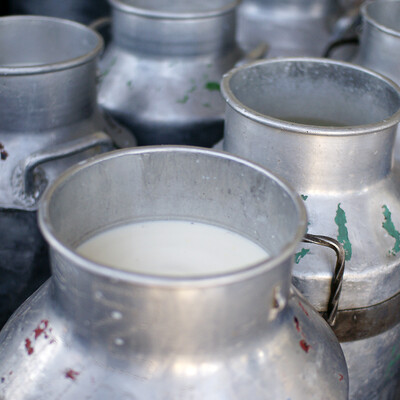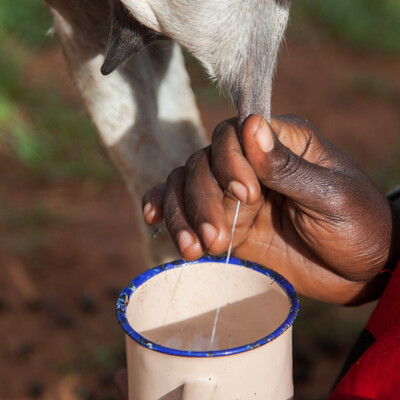
Don’t spill it, chill it: Makueni milk factory helps farmers aggregate and sell more milk
Makueni dairy farmers to produce, aggregate and market milk as a business through the establishment of Kathonzweni Dairy Farmers Cooperative milk processing factory
For many dairy farmers, their animals are like their children. Valued and cared for with a hope that they will succeed to bring good fortune to their home. Many dairy farmers will tell you of their great sacrifice in saving enough money and time to obtain their milk-producing animals. If well fed and cared for in a clean and safe environment, these animals can produce favourable amounts of milk – a commodity of great value across Makueni county.
Yet, collectively across the county, their smallholder cooperative groups are struggling to support each other with chilling and pasteurizing support needed to extend the shelf life of their milk. Due to large capital investment needs, aggregation centres are forced to turn away farmers with excess milk due to lack of chilling and pasteurizing capacities. This has discouraged many farmers and limited the catchment potential for the cooperative.
But today Makueni dairy farmers have hope. The Kathonzweni Dairy Farmers Cooperative has opened a new milk processing factory with the help of the Feed the Future Kenya Accelerated Value Chain Development (AVCD) program, which was working closely with Makueni County government. The new plant was constructed with financial support from the United States Agency for International Development (USAID).
Established in 2003, Kathonzweni Dairy Cooperative typically would collect milk directly from their 600 farmers and market the raw milk locally. However, at times, the milk supply would surpass the demand flooding the market with no outlet for the milk. The excess milk would, at times, be returned to farmers due to lack of storage facilities. Farmers were extremely discouraged by these losses, which also strained the cooperative’s management because they did not have the financial means to expand their facilities.

Milk processing and chilling machines inside the factory (credit AVCD/Muthoni Njiru).
With the establishment of the chilling plant, the cooperative society can now receive, chill, pasteurize and pack as much as 10,000 litres per day. ‘We can now produce and store more milk to sell at a better price which means more money in our pockets,’ said Jacob Musyoka, vice chairman of Kathonzweni Dairy Farmers Cooperative Society, as he explained how the bulking plant has moved their cooperative closer to their dream of becoming the top milk producer in the county.
With a shift from a daily capacity of 1,000 litres to a capacity of 10,000 litres, the potential is huge. The cooperative will now take on the full responsibility of marketing Kathonzweni dairy milk across Makueni in towns like Emali, Mukuyu and Makindu.
The cooperative society has also embarked on developing a strategic plan to increase its milk production volume. The catchment area is vast, from Malili to Sultan Hamud, across to Emali and Kalamba. Additionally, the cooperative’s management has engaged a marketing expert as they strategize for wider market entry through the creation of an easily identifiable brand of their milk. To ensure sustainable growth the cooperative has included the youth in its committees and established forums to engage the youth to motivate them to provide transport, aggregation and marketing services.
‘This processing plant is owned by the farmers through Kathonzweni Dairy Cooperative; together we have joined hands with over 10 other cooperatives in Makueni to ensure that the factory is fully utilized,’ said Musyoka.
Makueni dairy farmers can now produce more milk without fear of losses. Dairy farming is transforming their livelihoods.








